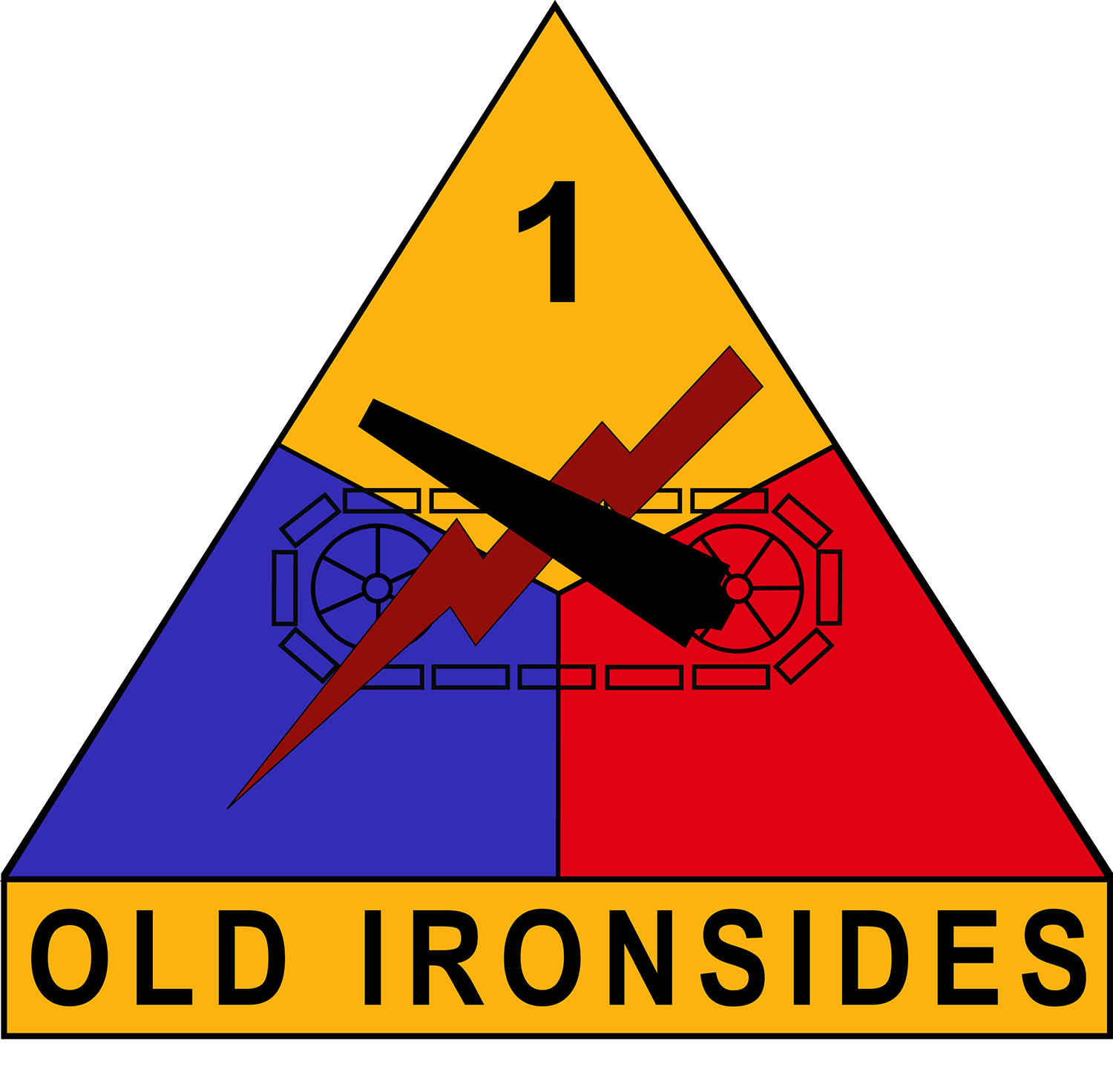WHAT IS AN INSPECTOR GENERAL?
The Inspector General is a member of the commanding general’s personal staff for the management of sensitive issues. The IG system consists of officers, warrant officers and NCOs serving in one of the following categories: Inspector General, assistant IG’s, temporary assistant IG’s, and acting IG’s. Soldiers are selected for IG duty based on their experience and proven professionalism.
THE INSPECTOR GENERAL MISSION
The 1st Armored Division and Fort Bliss Inspector General Office conducts impartial inspections, assistance, investigations, and training to serve as the extension of the eyes, ears, and conscience of the Commanding General to improve the readiness and warfighting capability.
THINGS TO REMEMBER ABOUT INPECTOR GENERAL OFFICE
- Soldiers cannot be denied access to an IG. They do not have to go through their chain of command. They do not need permission to call or see an IG. They do, however, need to exercise common sense and cannot leave their place of duty without permission.
- Soldiers are strongly encouraged to use their chain of command to resolve issues before coming to the IG. IGs will not refuse to provide assistance even though the chain of command has not been asked for help.
- Commanders, first sergeants and leaders are prohibited from questioning Soldiers about their contacts with the IG.
- Retribution or reprisal cannot be taken against a Soldier who submits a complaint to an IG. Anyone, however, who knowingly submits an untruthful statement to an IG, can be charged under the UCMJ.
- IGs will work with the lowest level of command capable of resolving the issues or complaints.
WHAT THE INSPECTOR GENERAL DOES NOT DO
- IGs do not provide legal reviews or opinions - these are provided by the Staff Judge Advocate.
- IGs do not conduct criminal investigations - these are done by the Military Police or CID.
- IGs do not direct action. IGs may make recommendations to commanders; but commanders ultimately direct action.
FUNCTIONS OF THE INSPECTOR GENERAL OFFICE
Assistance - Anyone may submit a complaint or request for assistance to an Army IG concerning matters of interest to the Army. An IG may conduct research into policy and procedures, identify and coordinate resolution to problems, and work with agencies or leaders to define procedures.
Inspections - IGs conduct inspections at the direction of the commander. An IG inspection may focus on organizations, functions or both and may or may not be compliance oriented.
Investigations - IGs only conduct investigations when directed by the commander. Investigations focus on violations of punitive policy or regulations. The commander may also direct an IG investigation into alleged mismanagement, unethical behavior or misconduct.
Teaching and Training - Teaching and training is an integral part of the other three functions. IGs by their very nature possess a wealth of knowledge and experience. They use this knowledge and experience when assisting, inspecting and investigating to teach Soldiers and leaders at all levels about policies and procedures.
IGs will work with the lowest level of command capable of resolving the issues or complaints.

